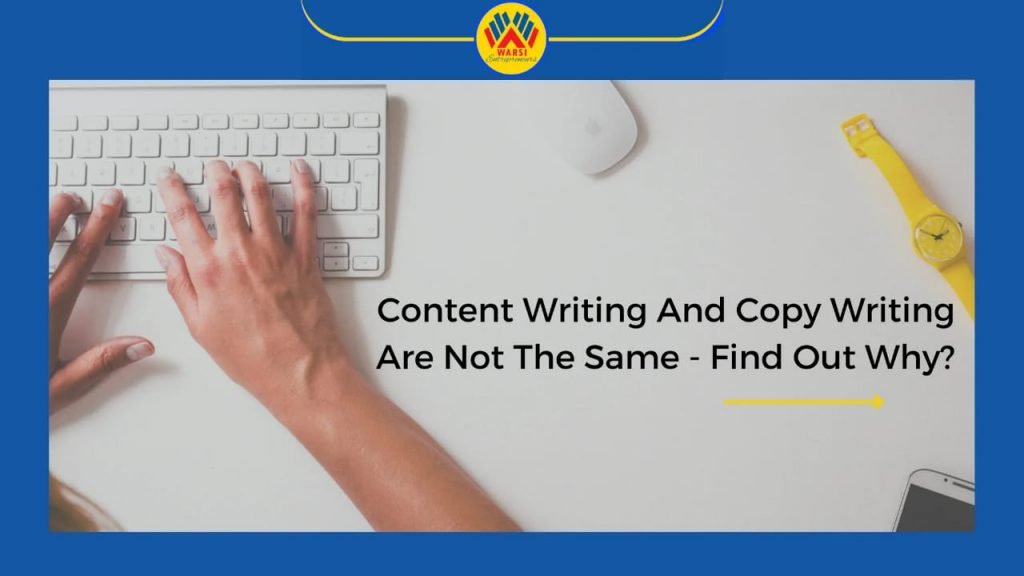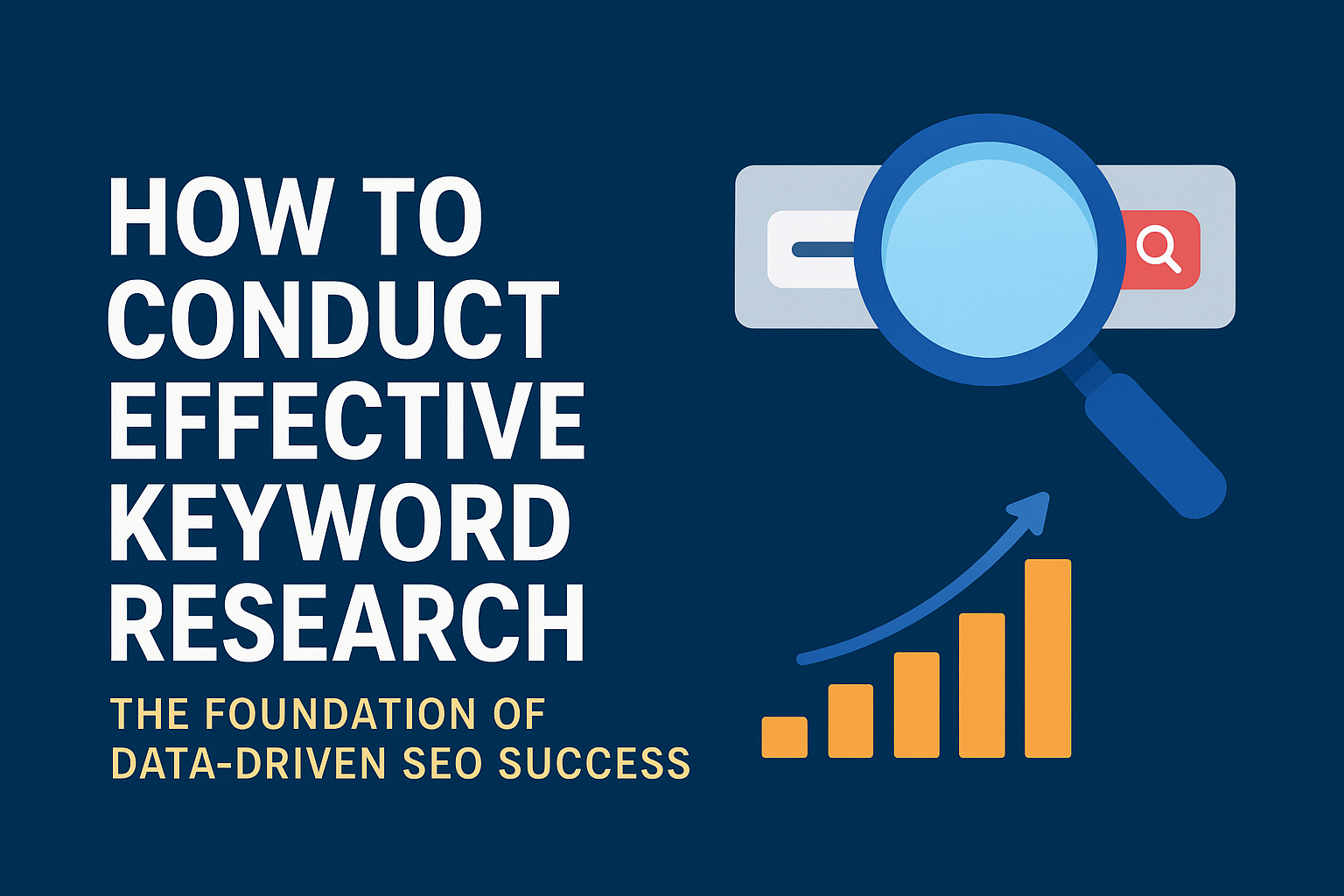Content writing and copywriting are often used interchangeably, but they serve distinct purposes and require different skill sets.
Content writing focuses on creating informative and engaging content purposes, such as blogs, articles, whitepapers, and social media posts. The goal is to educate, entertain, or persuade readers.
Copywriting is focused on writing persuasive and persuasive copy for marketing and advertising materials. The goal is to convince readers to take a specific action, purchase, sign up for a newsletter, or download a resource.
Key Differences:
- Purpose: Content writing aims to inform and educate while copywriting aims to persuade and convert.
- Audience: Content writing often targets a broader audience, while copywriting is tailored to a specific target market.
- Style: Content writing can be more informative and objective while copywriting is often more persuasive and persuasive.
- Tone: Content writing may use a more conversational tone while copywriting often uses a more persuasive or persuasive tone.
- Call to Action: Copywriting typically includes a clear call to action, while content writing may not.
Understanding these distinctions is essential for writers who want to specialize in either content writing or copywriting.
The Importance of Content Production in Digital Marketing
Content production is a cornerstone of digital marketing. Without a steady stream of high-quality content, businesses risk becoming invisible to online audiences. Search engine optimization (SEO) and social media marketing (SMM) rely heavily on content to attract and engage potential customers.
Each piece of content represents a new opportunity for your company to connect with potential customers. Whether it’s a blog post, video, or social media update, content is the vehicle that delivers your message and drives traffic to your website.
Both content writing and copywriting are used in digital marketing campaigns, purposes are vastly different. Content writing focuses on creating informative and engaging content while copywriting aims to persuade readers to take a specific action.
Understanding the distinction between these two forms of writing is essential for effective digital marketing.
Produce high-quality content that resonates with your target audience, you can improve your online visibility, generate leads, and drive sales.
What is the Content Writing?
Content writing is text-based content to educate, entertain, or inform readers. While it can indirectly drive sales by attracting
and engaging an audience, its primary goal is to provide value and information. With high-quality and valuable content,
you can build trust, establish authority, and ultimately generate leads and conversions.
Expanding Your Content Strategy
What is the Copy Writing?
Copywriting is the art of persuasive text content that encourages readers to take a specific action related to your company’s sales process. Whether you’re trying to sell a product, generate leads, or drive website traffic, effective copywriting is essential.
For example, if you’re selling a product, convince potential customers to invest. If you want to increase the number of calls you receive, Persuade potential customers that your company is the best choice.
Copywriting involves crafting compelling messages that resonate with your target audience and motivate them to take action.
Examples of Content Writing:
Beyond the basics of content writing and copywriting, consider incorporating these additional content formats:
Whitepapers: In-depth, research-based reports that delve into a specific topic or industry. They are often used to educate and inform and can be a valuable asset for thought leadership.
Electronic Books (eBooks): Digital books that can be read on various devices. eBooks offer a more comprehensive and in-depth look at a particular subject.
Instructional Materials: Create tutorials, guides, or manuals that provide step-by-step instructions or explanations. These can be valuable resources for your audience and can help establish you as an expert in your field.
Electronic Newsletters: Send regular email newsletters to keep your audience updated on your latest content, news, and promotions. Newsletters can be a great way to nurture leads and build relationships with your subscribers.
Blog Entries: Regularly publish blog posts on your website to share your expertise, provide valuable information, and drive traffic to your site.
Social Media Posts with Information: Use social media to share informative and engaging content, such as industry news, tips, or behind-the-scenes glimpses.
Would you like me to provide more information on these content formats?
What Determines the Style of Your Writing?
Length
Content writing typically produces longer content than copywriting because its primary goal is to educate or entertain the reader. While you might be able to persuade readers to take action, providing in-depth information or a captivating narrative often requires a longer form of content.
Depending on the subject matter, you may need anywhere from 500 to 2,500 words to effectively convey your message.
This contrasts with copywriting, which often focuses on brevity and persuasion.
In copywriting, the goal is to grab the reader’s attention and convince them to take a specific action.
Therefore, copywriting typically requires a shorter word count than content writing.
Goal
The main contrast between copywriting and content writing is the goal.
Copywriting is the art of persuading people to take action related to a brand, idea, or product. It focuses on creating compelling messages that motivate customers to purchase or engage with a brand.
Effective combination of brand’s products and ideology, copywriting can help build a strong brand identity and drive sales.
Content writing, on the other hand, focuses on providing valuable information and educating readers. While it can indirectly influence purchasing decisions, its primary goal is to inform and engage the audience.
The key difference between content writing and copywriting lies in their purpose.
While both involve creating text content, copywriting is specifically designed to persuade and convert, while content writing aims to inform and educate.
Many text ads rely on copywriting to compel readers to take action.
Businesses use text ads on platforms like Google, Bing, Facebook, and others to attract potential customers and encourage them to visit their website or make a purchase.
The Emotional Power of Copywriting
One of the key distinctions between content writing and copywriting is the emphasis on emotional response.
While content writing aims to inform and educate, copywriting often seeks to evoke emotions that drive action.
According to Harvard University professor Gerald Zaltman’s research, emotion plays a significant role in consumer decision-making. He found more than 9 out of 10 consumer purchases are driven by emotions.
For example, fear of financial crises may compel a consumer to purchase a product that promises to alleviate those fears.
Similarly, the fear of missing out (FOMO) can lead consumers to buy products or services peers use.
Savvy marketers understand the power of emotions and use them strategically in their copywriting.
By tapping into security, pride, comfort, a sense of belonging, or instant gratification, they can create compelling messages that resonate with their target audience and drive conversions.
I find the art of using emotions in copywriting to be one of my favorite aspects of the craft.
It’s incredible how well-crafted copy can evoke a desired emotional response and influence behavior.
The Importance of Grammar in Copywriting
While grammar is often emphasized in content writing, its significance in copywriting can be debated.
While it’s generally advisable to minimize grammar errors in all forms of writing, the primary focus of copywriting is persuasion and action.
Grammar mistakes can disrupt the reader’s flow and distract them from the message.
However, in some cases, using an incomplete sentence or a slightly unconventional structure can be more effective in grabbing attention and compelling readers to take action.
Online advertising platforms often have strict word limits for text ads. In these situations, create a compelling message that persuades readers to click through.
Ultimately, the best approach is grammatical correctness and persuasive copywriting.
While grammar errors should be minimized, don’t let them overshadow the overall effectiveness of your message.
Content Writing vs. Copywriting: A Recap
Content writing and copywriting are essential components of digital marketing, they serve distinct purposes.
- Content writing focuses on educating, informing, or entertaining readers. It’s often used to create blog posts, articles, and other informative content for your website.
- Copywriting aims to persuade readers to take a specific action or sign up for a newsletter. It’s commonly used in advertising, sales materials, and landing pages.
Remember:
- Content writing is often longer and more detailed than copywriting.
- Copywriting is typically shorter and more persuasive.
- Both forms of writing are valuable tools for digital marketing success.
Are you ready to take your content marketing to the next level?
Contact Warsi Entrepreneurs, a leading digital marketing agency specializing in content writing and copywriting services.
Our team of experienced writers can help you create high-quality content that engages your audience and drives results.
Let us help you achieve your marketing goals!
Additional Question:
Which form of writing do you find more challenging: content writing or copywriting? Share your experiences and insights in the comments below!



